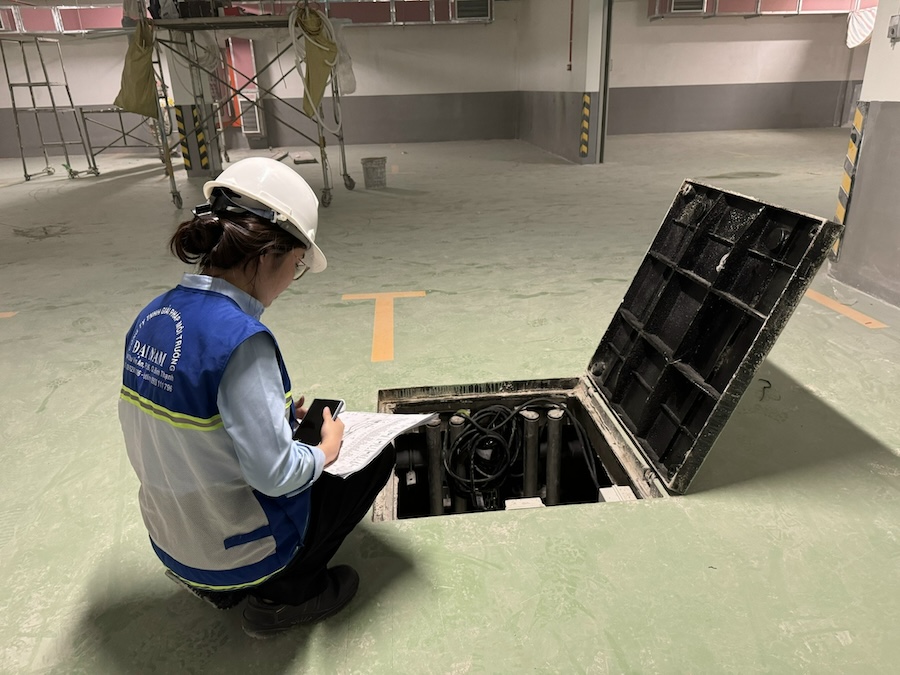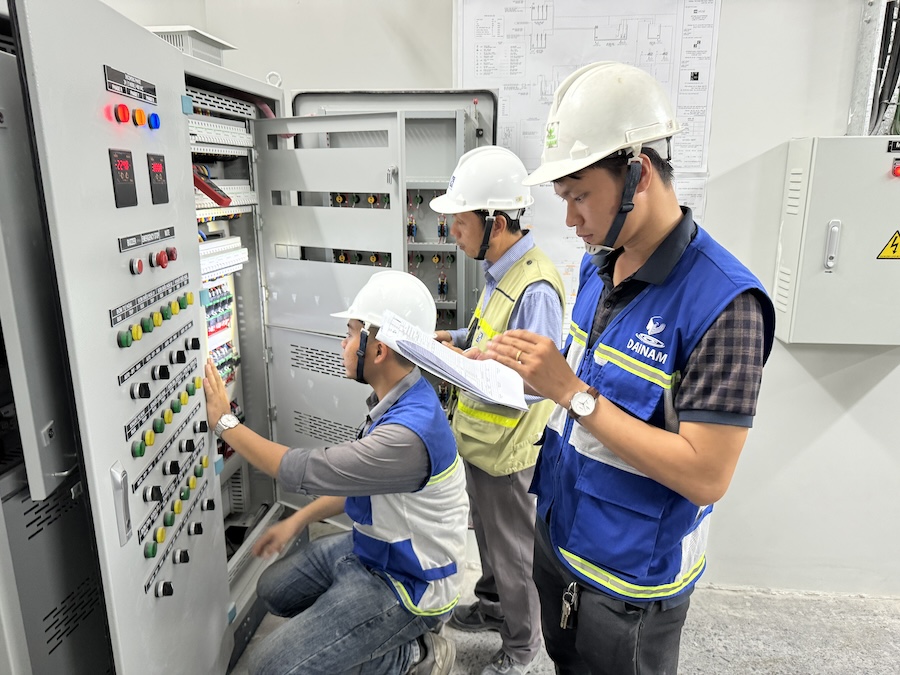In the context of increasingly stringent environmental laws, the construction and operation of wastewater treatment systems in compliance with regulations is a mandatory requirement for businesses and project developers. One of the most important steps before officially operating the system is conducting acceptance testing to verify that the facility meets technical standards and complies with the approved environmental documents. So, is wastewater treatment system acceptance testing mandatory? What is the procedure, and what happens if it's not carried out? The article below will help you understand all relevant regulations and avoid unnecessary legal risks.
Wastewater treatment systems play a crucial role in business operations and the implementation of investment projects. These systems are not only technical solutions for removing pollutants before discharge but are also mandatory to ensure compliance with environmental protection laws. For industries with high pollution risk—such as food processing, textile dyeing, chemicals, or aquaculture—investing in a standard wastewater treatment system is a prerequisite for operational approval and sustainable development.
Acceptance testing of the wastewater treatment system is the final evaluation step to confirm that the facility has been constructed and operated according to the approved design documentation. Through this process, competent authorities assess the system’s actual treatment capability, its compliance with national technical regulations (QCVN), and decide whether to allow the system to operate officially. This is a mandatory condition to ensure effective operation, environmental protection, and legal compliance for businesses.

Acceptance testing of the wastewater treatment system confirms that the facility has been built and operated according to the approved design documentation.
For projects that include wastewater treatment in the approved Environmental Impact Assessment (EIA) report, acceptance testing is mandatory before official operation. This serves as the basis for authorities to verify that the project owner has fully implemented the committed environmental protection measures.
According to Decree 08/2022/ND-CP, wastewater treatment systems are classified as Level III or higher environmental protection works if they have large capacity or treat wastewater with high pollution risk. For such projects, the investor is responsible for organizing acceptance testing and completing the procedures for official confirmation before putting the system into use.
The most common form is final acceptance testing of environmental protection works to serve official operation. This applies to newly constructed or upgraded wastewater treatment systems as outlined in the EIA or equivalent environmental documents. The process usually includes as-built documents, trial operation reports, and treated water analysis results meeting QCVN standards.
In some cases, state agencies may conduct supervision or confirmation of environmental protection work completion, either based on specific requirements or according to inspection schedules. If the project is subject to verification, official operation can only proceed after written confirmation is issued by the competent authority.
Official request for acceptance testing
As-built documentation and construction logs
Indicate trial run period.

If acceptance testing is not carried out, the business will not meet the conditions to be granted an Environmental License. This license is mandatory for legal discharge of wastewater into the environment. Without it, operations may be deemed illegal.
Acceptance testing is not only a legal requirement but also ensures lawful and responsible business operations. By understanding the procedures, preparing complete documentation, and working with the right stakeholders, businesses can ensure smooth compliance and minimize legal risks. In today’s strict regulatory environment, proactive acceptance testing is essential for any project involving wastewater discharge.